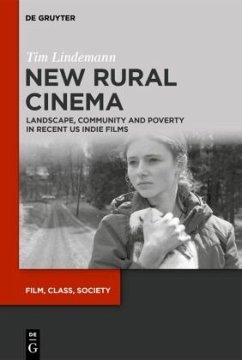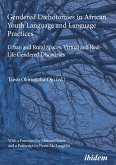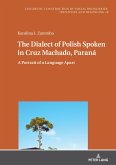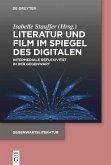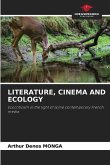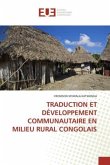In the past decade, spanning from the aftermath of the 2008 financial crisis to the beginning of the Covid-19 pandemic, rural poverty in the United States has risen dramatically. The impact of the pandemic is set to intensify these inequalities as the decades of neoliberal dismantling of public healthcare and other social institutions leave inhabitants of impoverished rural areas particularly vulnerable.
Even before this current exacerbation, representations of rural landscape in American cinema have sought to spatially visualize the country's social inequalities and focus on the victims of poverty and marginalization. The films discussed in this monograph, Ballast (2008), Winter's Bone (2010), Beasts of the Southern Wild (2012), and Leave No Trace (2018), address deep rural poverty in a complex manner and facilitate an interactive, social understanding of landscape.
New Rural Cinema suggest a novel way of looking at landscape in cinema that responds to and guides its readers through this recent development in American Independent film. It views the chosen films as expressions of a growing awareness of the dire inequality caused by neoliberal capitalism in the United States and the role landscape plays both in its mechanisms of social exclusion as well as in its collective contestation.
Even before this current exacerbation, representations of rural landscape in American cinema have sought to spatially visualize the country's social inequalities and focus on the victims of poverty and marginalization. The films discussed in this monograph, Ballast (2008), Winter's Bone (2010), Beasts of the Southern Wild (2012), and Leave No Trace (2018), address deep rural poverty in a complex manner and facilitate an interactive, social understanding of landscape.
New Rural Cinema suggest a novel way of looking at landscape in cinema that responds to and guides its readers through this recent development in American Independent film. It views the chosen films as expressions of a growing awareness of the dire inequality caused by neoliberal capitalism in the United States and the role landscape plays both in its mechanisms of social exclusion as well as in its collective contestation.

